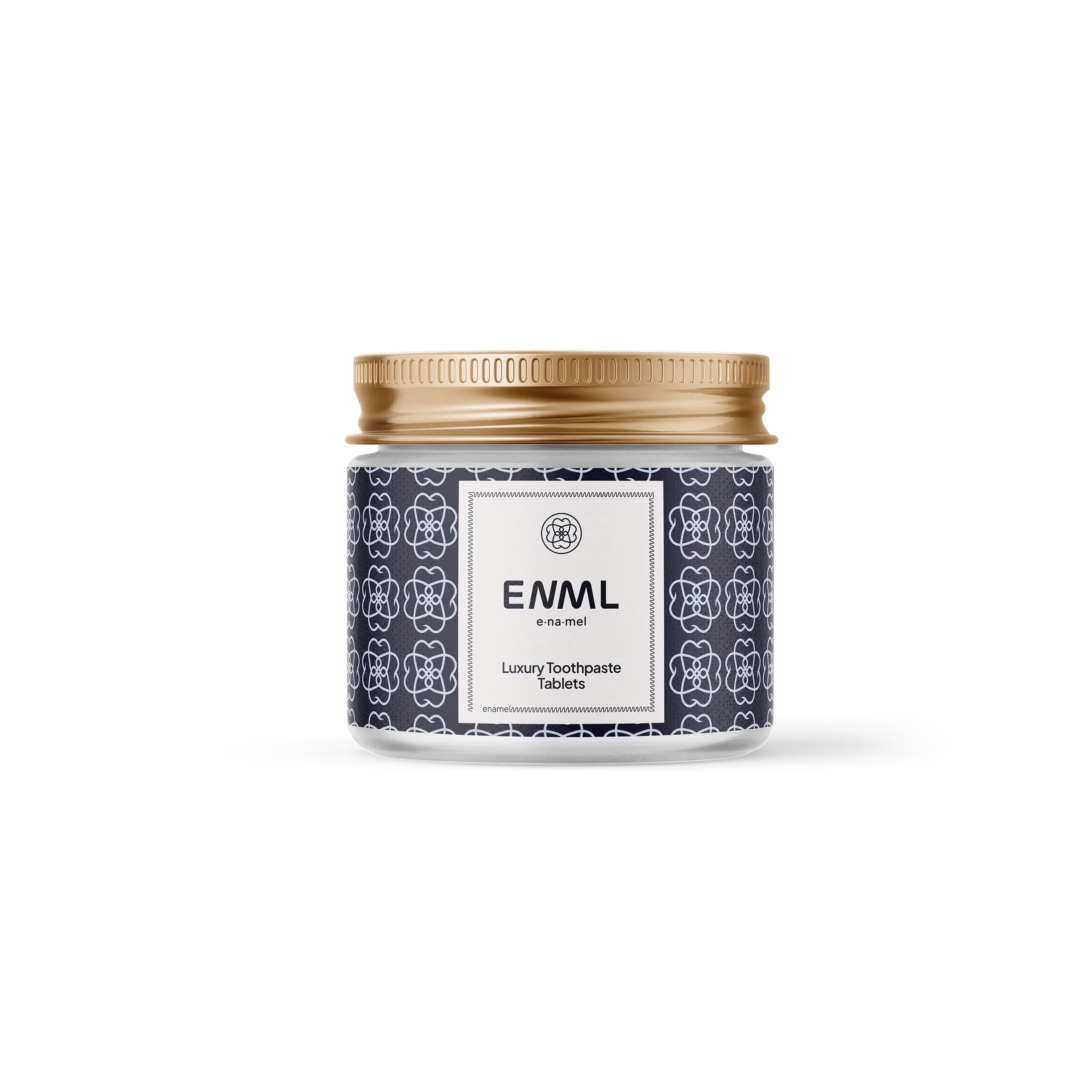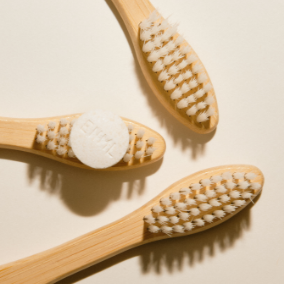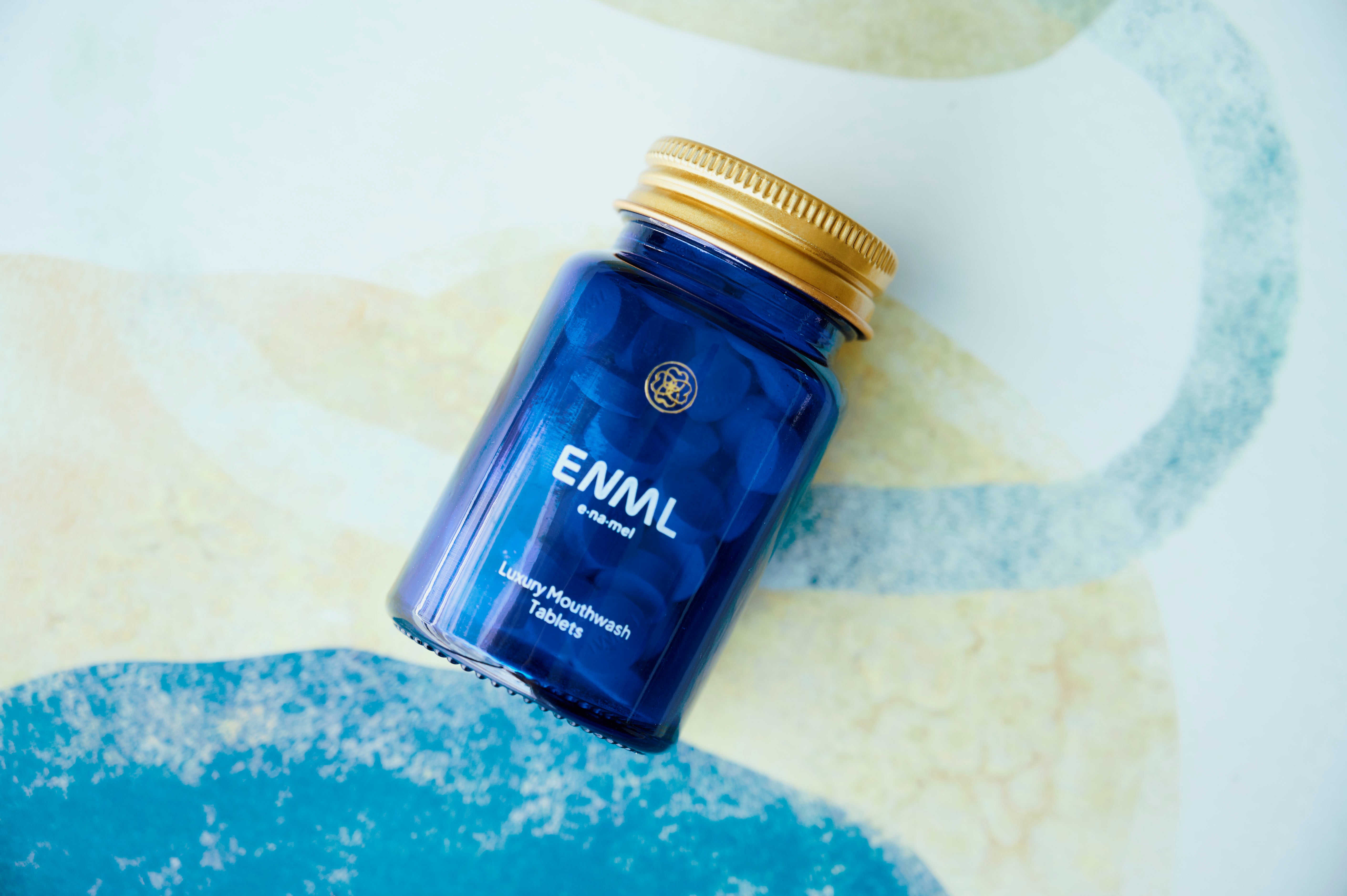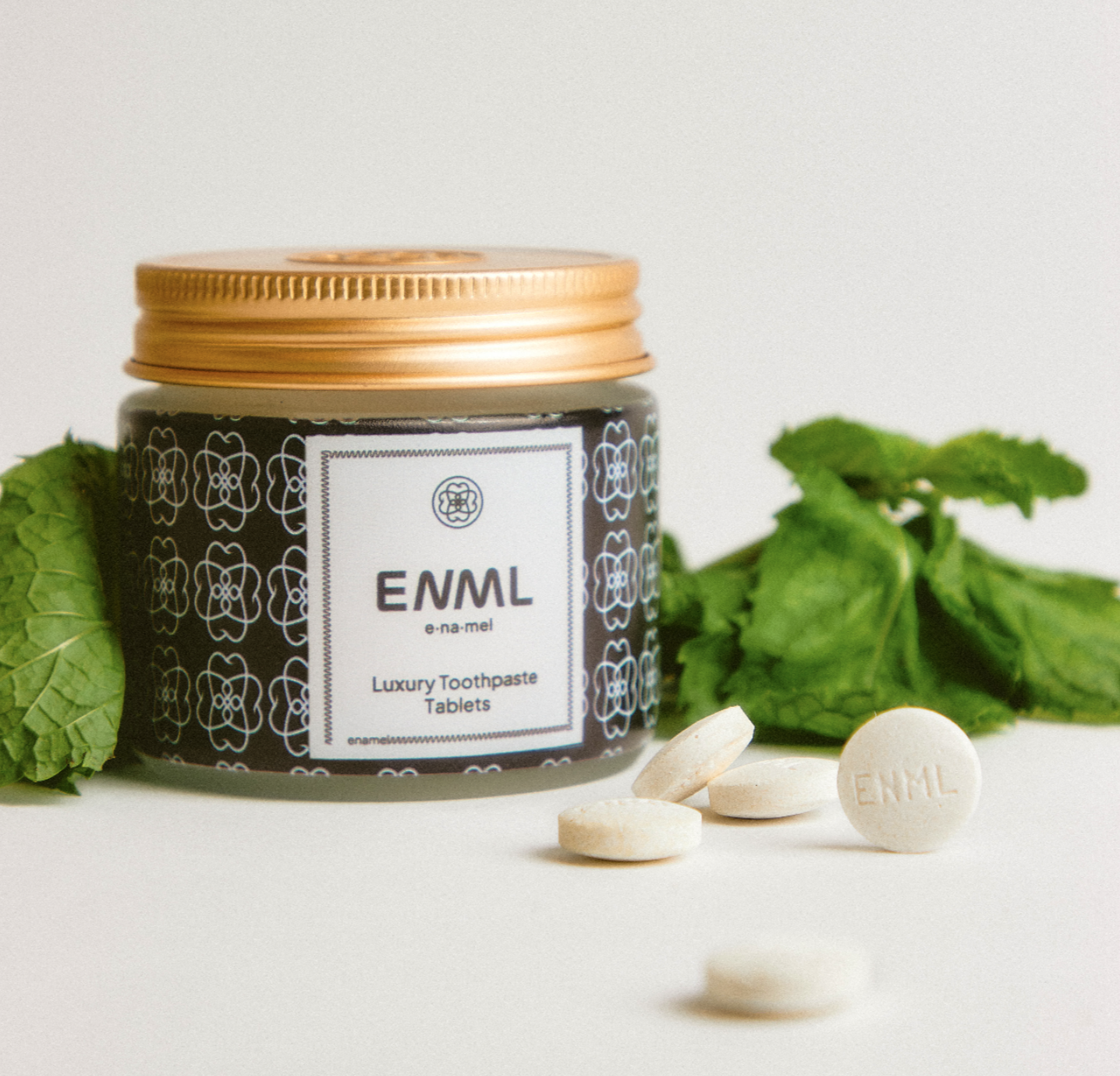Sensitive teeth can turn everyday activities like eating, drinking, and brushing into painful experiences. Tooth sensitivity, or dentin hypersensitivity, occurs when the enamel that protects our teeth gets thinner, or when gum recession exposes the underlying surface, the dentin, reducing the protection the enamel and gums provide to the tooth and root.
Understanding how to treat and soothe sensitive teeth can help alleviate pain and improve your quality of life. Here's a comprehensive guide to managing tooth sensitivity:
-
Understanding Tooth Sensitivity
Tooth sensitivity happens when stimuli such as hot, cold, sweet, or acidic foods reach the nerves inside the tooth, causing discomfort or pain. It's important to first understand what might be causing your sensitive teeth. Common causes include tooth decay, worn tooth enamel, exposed tooth roots, gum disease, worn fillings, and fractured teeth.
-
Proper Oral Hygiene
Maintaining good oral hygiene is crucial in preventing conditions that exacerbate tooth sensitivity. Brushing your teeth twice a day with a soft-bristled toothbrush and fluoride toothpaste can help reduce sensitivity. Avoid aggressive brushing or hard bristles, which can wear down enamel and exacerbate sensitivity.
-
Use Desensitizing Toothpaste
Desensitizing toothpaste contains compounds that help block transmission of sensation from the tooth surface to the nerve. It typically requires several applications before the sensitivity is reduced. When choosing toothpaste, look for ones that have been formulated specifically for sensitive teeth and are endorsed by dental professionals.
-
Fluoride Application
Fluoride strengthens enamel and reduces the transmission of sensations. Your dentist might apply fluoride to the sensitive areas of your teeth to strengthen tooth enamel and reduce pain. Using fluoride mouth rinses can also help decrease sensitivity.
-
Watch Your Diet
Acidic foods and beverages can aggravate sensitive teeth. Try to limit the consumption of citrus fruits, tomatoes, pickles, and acidic drinks like wine and citrus juices. Instead, focus on a balanced diet that supports dental health, including foods high in calcium and phosphorus, such as milk, cheese, and nuts, to help remineralize tooth enamel.
-
Address Grinding or Clenching
Many people grind or clench their teeth, wearing down the enamel and leading to sensitivity. If you grind your teeth, consider getting a mouth guard to protect your teeth from the effects of grinding during sleep.
-
Dental Procedures
In some cases, sensitive teeth may require dental procedures. Options include bonding, crowns, inlays, or bonding to fix a tooth flaw or decay that's causing sensitivity. Surgical gum grafts can restore gum tissue lost from the root, and root canals can be a last-resort treatment for severe sensitivity that doesn't respond to other treatments.
-
Regular Dental Visits
Regular dental check-ups allow your dentist to identify and treat issues that may contribute to sensitivity, such as cavities, loose fillings, or gum disease, before they become more severe.
Dealing with sensitive teeth starts with understanding its causes, followed by adopting a comprehensive care routine tailored to minimizing discomfort and protecting your dental health.
By implementing these strategies, you can alleviate the pain associated with sensitive teeth and improve your overall oral health. If your sensitivity persists, it's essential to visit your dentist to rule out underlying causes that require professional treatment.






